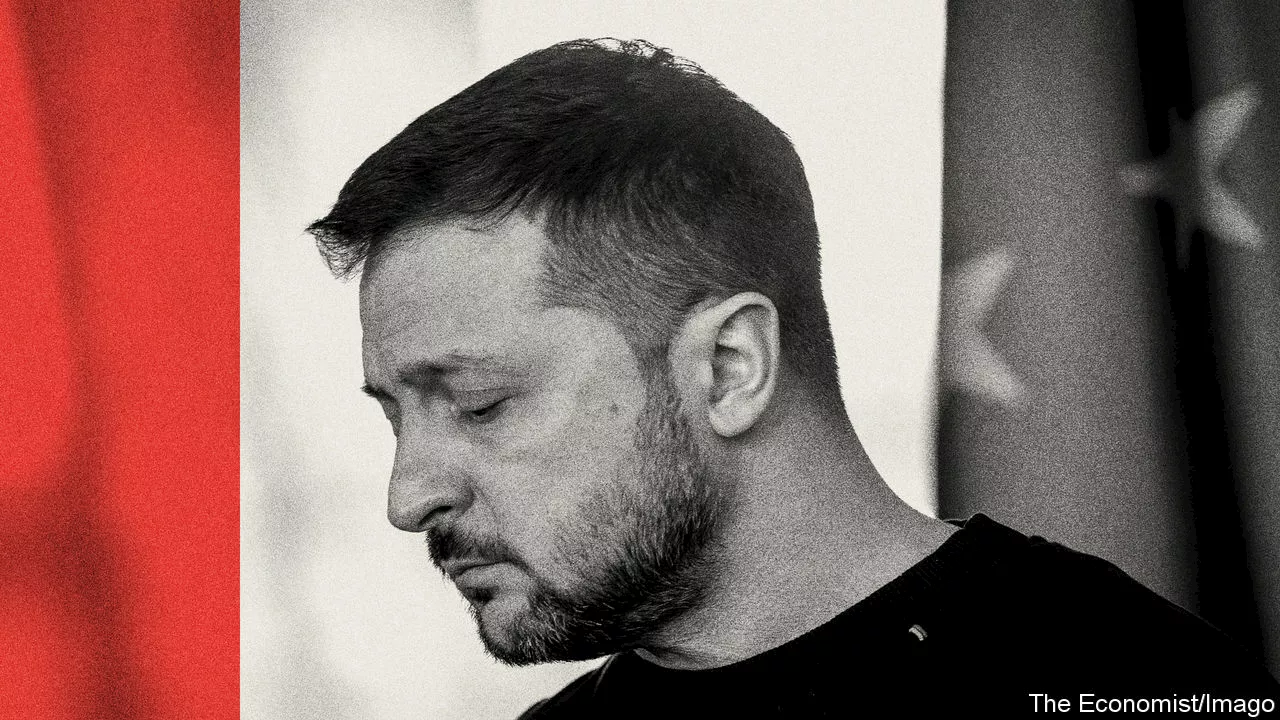They no longer expect the war to be over soon
a long two years for Ukrainians, but for some the clock stopped the moment Russian tanks crossed the border. Residents of Hlibivka, a village 40km north of Kyiv, were trapped by the advance when the bridges behind them were blown up to save the capital. The Russian occupation marked the start of a nightmare for Olha Manukhina. Two days in, masked men jumped over her fence and kidnapped her husband and her son. She has not seen them since.
Russia has its own problems with resources and manpower, but it retains a relative size advantage. In a war of attrition, that counts. “While the fat man shrinks, the thin man disappears,” a Ukrainian intelligence official says, citing a well-known local proverb. Yet it is Ukraine’s domestic politics, rather than Russia’s, that are beginning to look more fragile. Two years of unusual political unity have given way to public infighting. President Volodymyr Zelensky has faced down much of the criticism in tough fashion. In early February hehis popular armed forces commander, Valery Zaluzhny, after relations broke down between the two. The full effects of that risky decision have yet to be seen.
The president can certainly take some comfort in public opinion, which continues to back him, albeit with a downward trajectory. Polling from the Razumkov Centre, a local sociological company, shows trust in him remains at 70%. That is much higher than for parliament and any potential opponent save Mr Zaluzhny. The public also largely aligns with Mr Zelensky’s uncompromising stance on negotiations with Russia.
